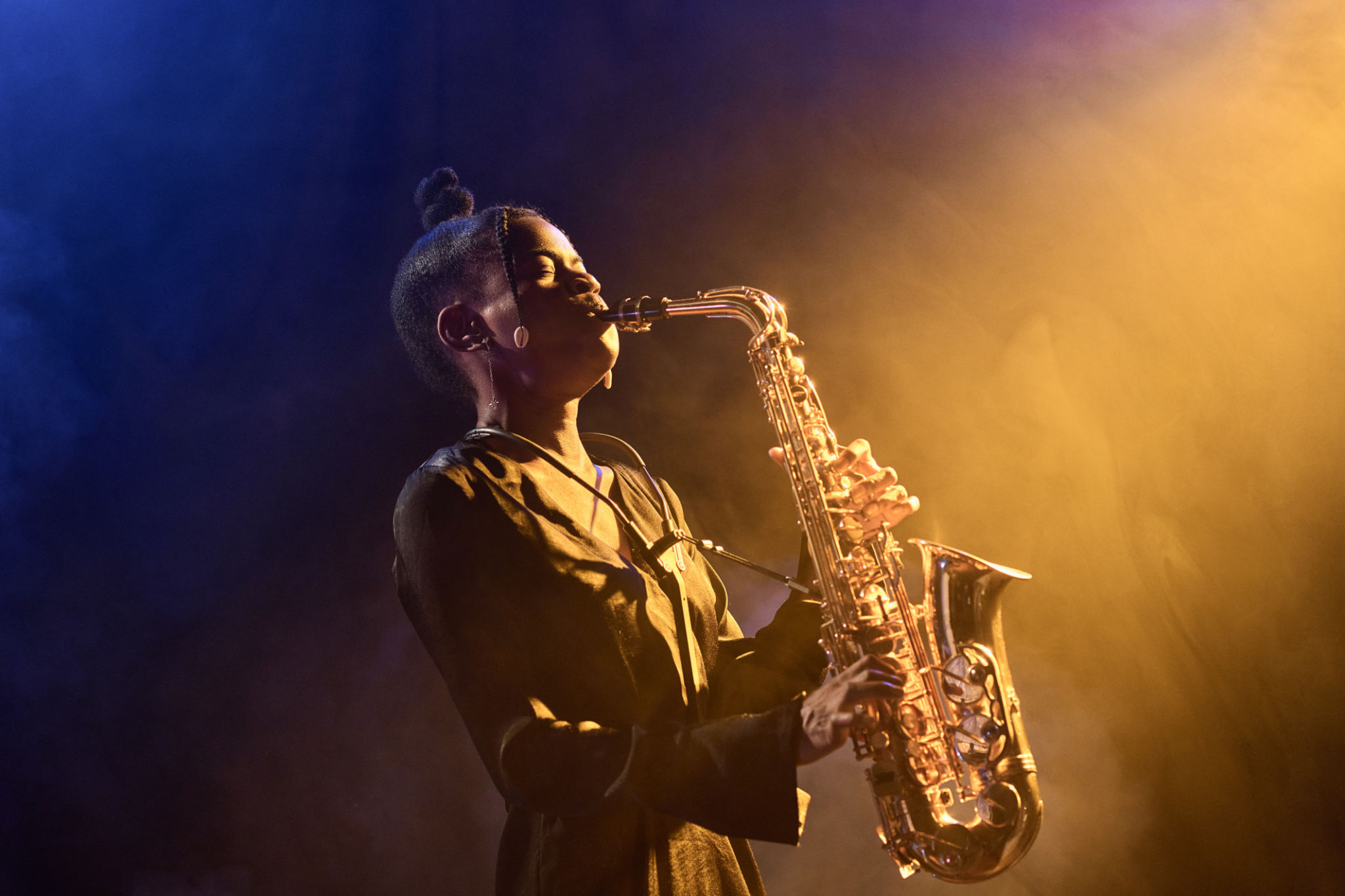Beginner's Guide to Jazz Music Lessons: What to Expect and How to Prepare
Introduction to Jazz Music Lessons
Embarking on the journey of learning jazz music can be both exciting and intimidating for beginners. Jazz is a vibrant and expressive genre, offering a unique blend of improvisation and harmony. Whether you're picking up an instrument for the first time or transitioning from another musical style, understanding what to expect and how to prepare is crucial. This guide will help you navigate the initial steps of your jazz music lessons and ensure you make the most of your learning experience.

Understanding the Basics
Before diving into lessons, it's important to familiarize yourself with the basic elements of jazz music. Jazz is characterized by its swing and blue notes, call and response vocals, polyrhythms, and improvisation. This genre has evolved through various styles, including bebop, swing, and fusion, each with its distinct sound and rhythm.
Getting a grasp on these foundational concepts will provide a solid base for your learning. Listening to iconic jazz musicians like Louis Armstrong, Charlie Parker, and Miles Davis can also be beneficial in understanding the nuances of the genre.
Choosing the Right Instrument
When starting jazz lessons, selecting the right instrument is crucial. Common instruments in jazz include the saxophone, trumpet, piano, double bass, and drums. Consider your personal interest and the sound you are most drawn to. Each instrument brings a different flavor to jazz music, and it's important to choose one that resonates with you.

Preparing for Your Lessons
Preparation can make a significant difference in your learning process. Here are a few tips to help you get ready:
- Set Clear Goals: Determine what you want to achieve through your jazz lessons. Whether it's mastering a specific piece or improvisation skills, having clear objectives will keep you motivated.
- Gather the Right Materials: Ensure you have all necessary materials, such as your instrument, sheet music, and a notebook for taking notes during lessons.
- Create a Practice Schedule: Consistency is key in mastering jazz. Set aside regular practice time to reinforce what you've learned in your lessons.
Finding the Right Instructor
A skilled instructor can make all the difference in your jazz journey. Look for someone with experience in teaching beginners and a deep understanding of jazz music. Personal recommendations, online reviews, or trial lessons can help gauge if an instructor is a good fit for you.

What to Expect During Lessons
During your jazz lessons, expect a mix of theory and practical application. You'll learn about scales, chords, and progressions unique to jazz music. Improvisation will be a significant focus, encouraging personal expression and creativity.
Your instructor might also introduce you to various jazz standards and help you develop your technique through exercises and practice routines. Remember that progress takes time, so be patient with yourself as you learn.
Embracing Improvisation
Improvisation is at the heart of jazz music. It allows musicians to express themselves freely and create unique interpretations of songs. As a beginner, improvisation might seem daunting, but it becomes more natural with practice. Start by experimenting with simple melodies and gradually increase complexity as you gain confidence.
Conclusion
Beginning your journey into jazz music is an enriching experience that opens up a world of creativity and expression. By understanding what to expect from your lessons and adequately preparing yourself, you'll be better positioned to embrace this dynamic musical genre. Remember to enjoy the process, listen actively, and most importantly, have fun as you explore the wonderful world of jazz!
